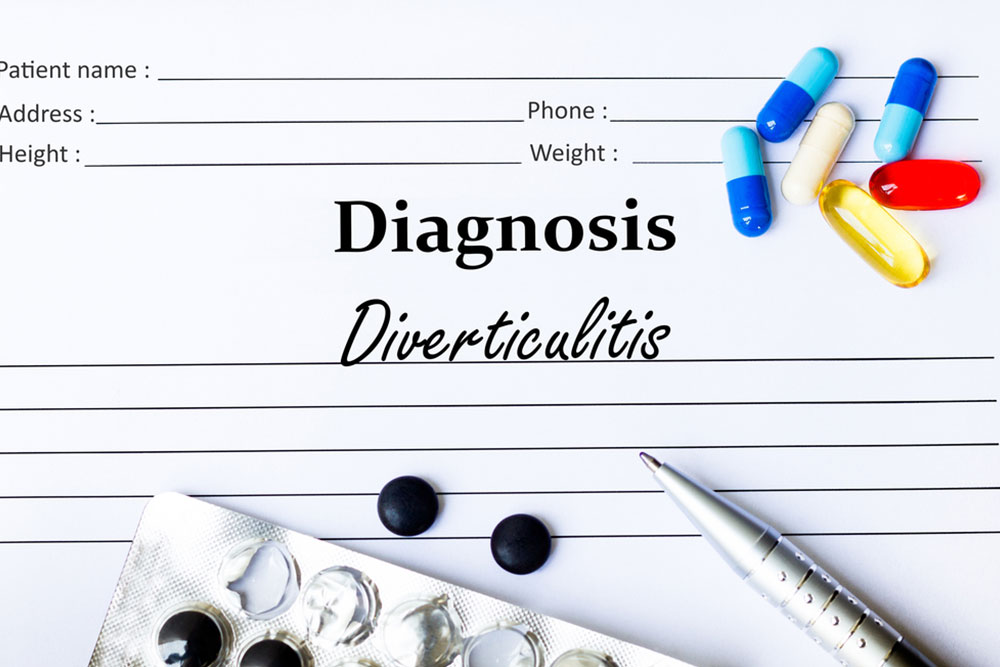Understanding Hypoglycemia: Causes, Signs, and Management
Hypoglycemia, or low blood sugar, occurs when blood glucose levels fall below 70 mg/dL, leading to symptoms like dizziness, hunger, and weakness. Causes include excessive insulin, hormonal deficiencies, organ failure, and overconsumption of alcohol. Recognizing symptoms early is vital for treatment. Preventive measures involve consuming nuts, whole grains, vegetables, maintaining regular meals, and exercising consistently. Prompt management and lifestyle adjustments are essential for maintaining healthy blood sugar levels and avoiding complications.
Sponsored

Hypoglycemia, commonly known as low blood sugar, occurs when the glucose level in your blood drops below 70 mg/dL (3.8 mmol). This condition results from the body's inability to provide sufficient energy to its cells, which can lead to various health issues. It is also referred to as insulin reaction or shock and requires prompt attention.
Causes of Low Blood Sugar
Several factors can cause hypoglycemia, including:
Rapid glucose consumption in the body
Insufficient glucose production by the liver
Delayed glucose release into circulation
Excessive insulin levels in the blood
Alcohol overconsumption
Pancreatic tumors producing excess insulin, known as insulinoma
Hormonal deficiencies such as low cortisol, thyroid hormones, or growth hormone
Organ failures, including heart, liver, or kidney issues
Infections like sepsis affecting body functions
Symptoms of Hypoglycemia
Recognizing the signs of low blood sugar is crucial. Common symptoms include:
Rapid heartbeat or heart palpitations
Sudden mood changes
Extreme fatigue
Anxiety or nervousness
Skin pallor and pale complexion
Headaches
Hunger pangs
Weakness and dizziness
Heavy sweating
Sleep disturbances
Blurred vision
Difficulty concentrating
Skin tingling sensations
Confusion or inability to think clearly
Loss of consciousness
Seizures
Potentially coma
Prevention Tips for Hypoglycemia
Implement these strategies to help avoid low blood sugar episodes:
Consume nuts: Nuts like almonds, walnuts, and pistachios contain healthy fats that slow glucose absorption. Eating about six nuts on an empty stomach in the morning can be beneficial.
Include whole grains: Foods like oats, barley, and rye are fiber-rich and contain beta-glucan, which helps regulate blood sugar spikes. Be mindful not to overconsume carbohydrates.
Eat more vegetables: Non-starchy vegetables such as broccoli, cucumbers, carrots, spinach, and kale are excellent for maintaining stable blood glucose levels due to their fiber and nutrient content.
Don't skip meals: Regular, balanced meals are vital. Start with a hearty breakfast, have a nourishing lunch, and a lighter dinner, complemented by healthy snacks between meals to keep blood sugar stable.
Exercise regularly: Consistent physical activity, at least 30 minutes daily, helps improve insulin sensitivity and overall health.






